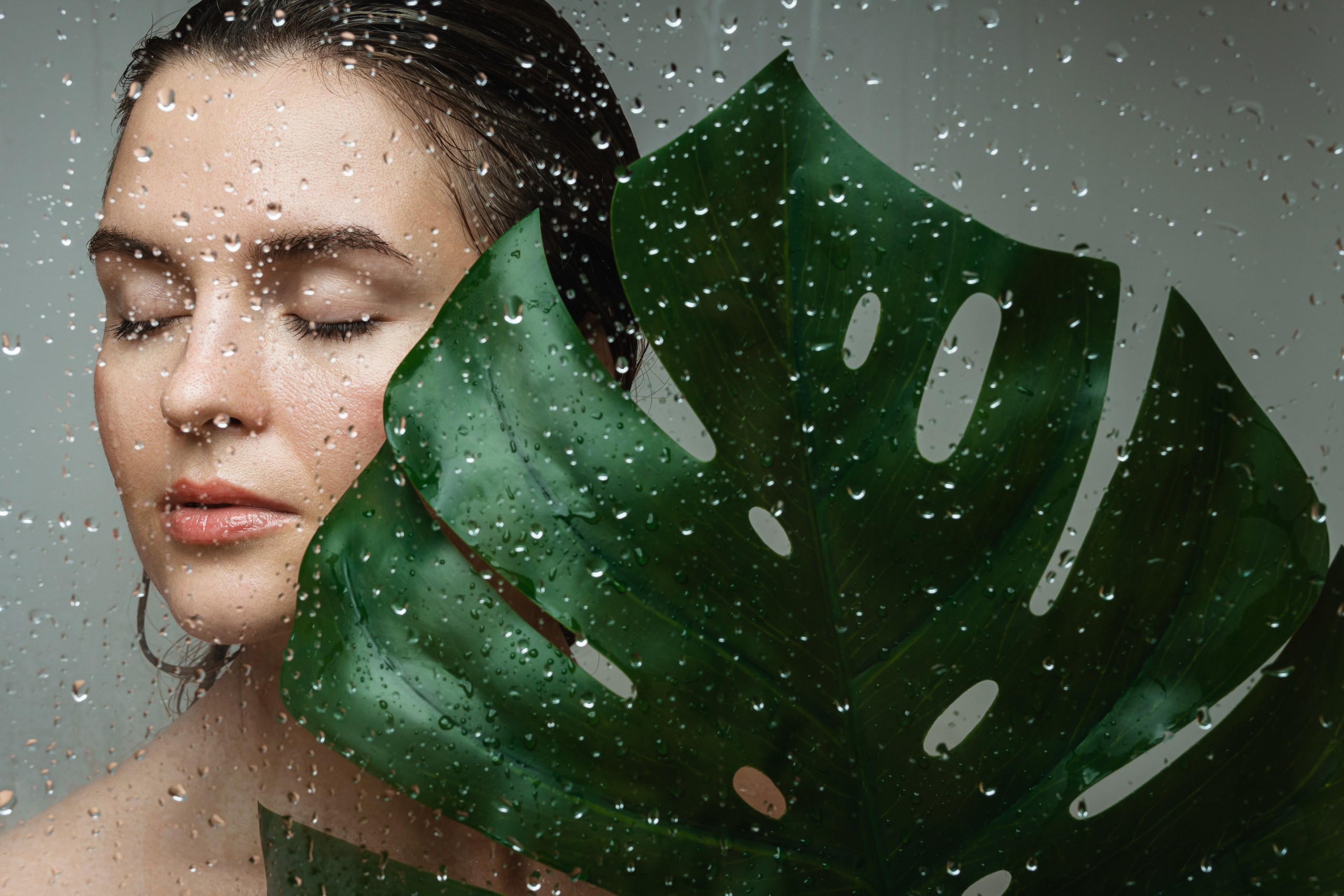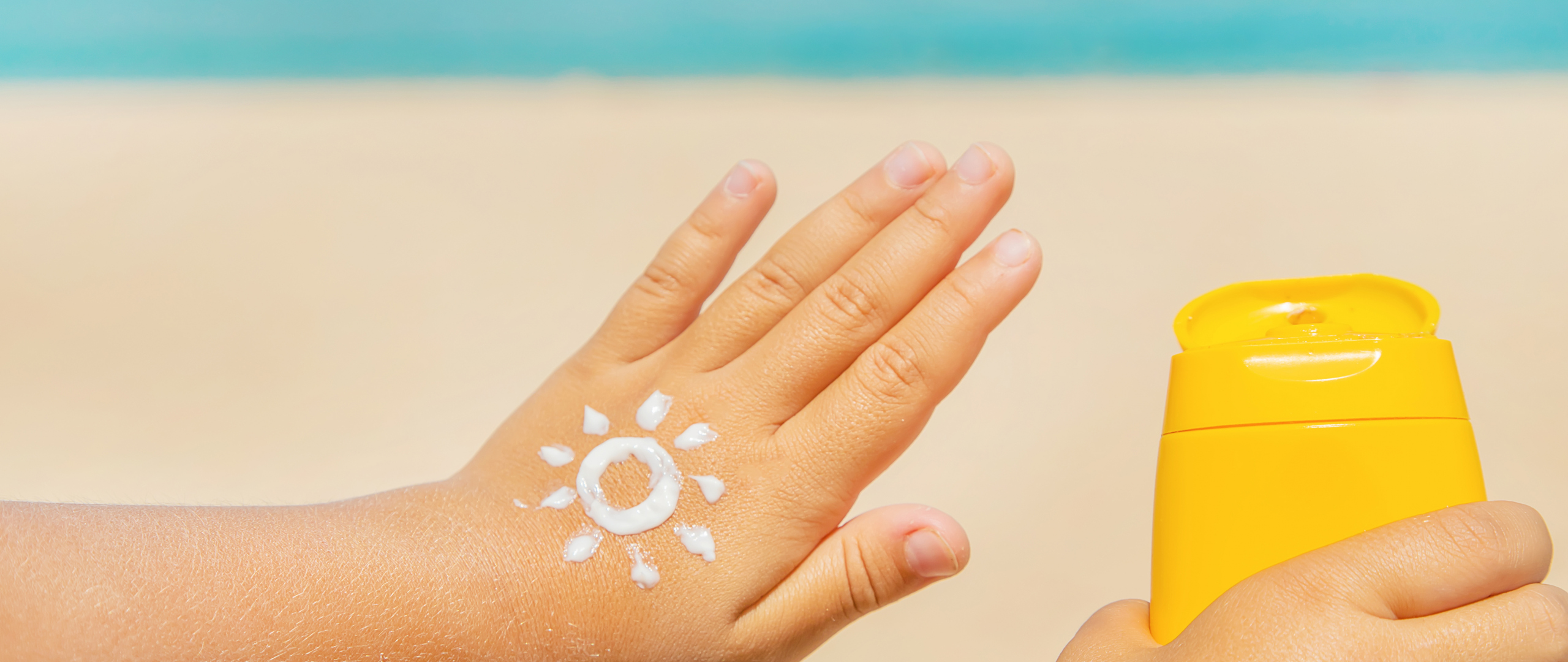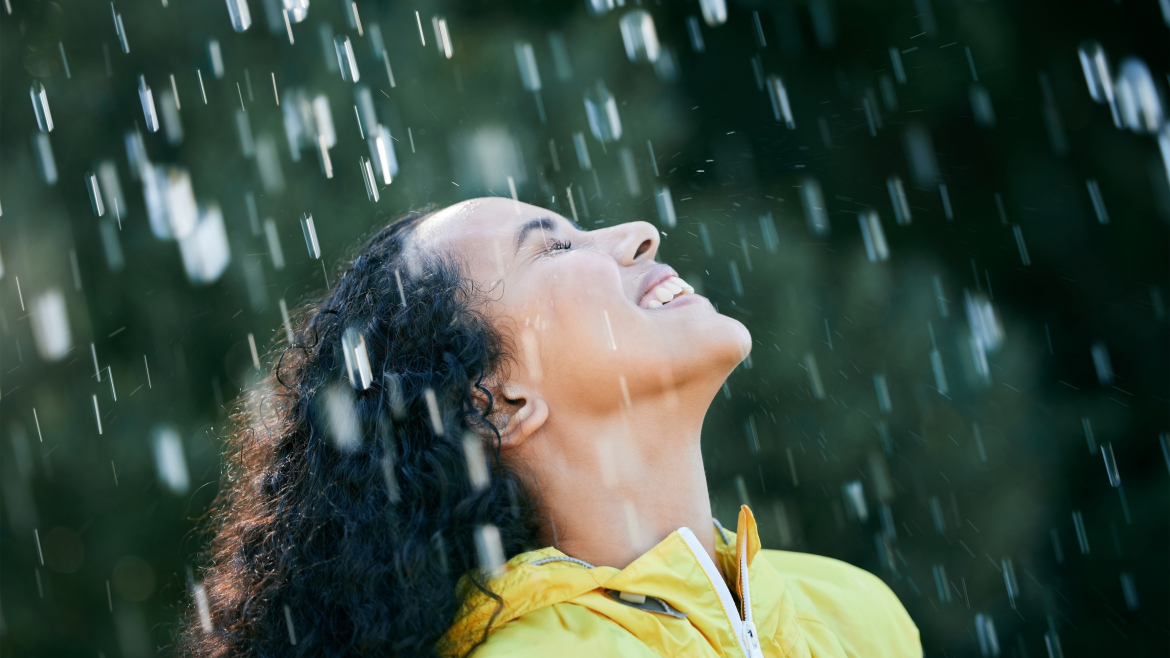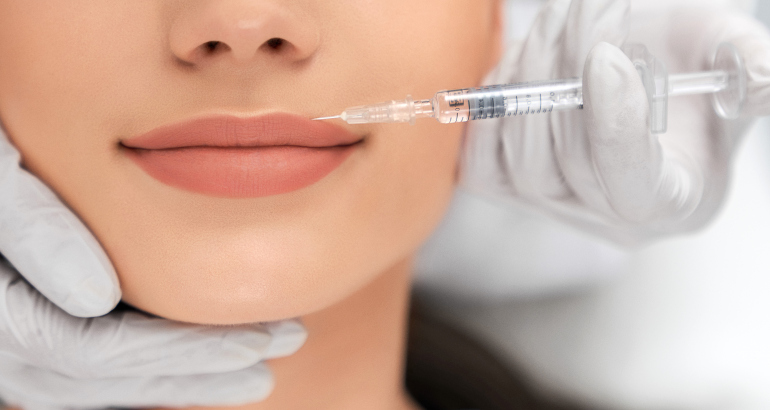Monsoon brings refreshing rains and a much-needed break from the scorching heat. However, the damp and humid weather can wreak havoc on your skin so you need the best monsoon skincare tips for healthy glowing skin.
After enduring the scorching heat of summer, the rainy season always feels like a blessing. The cooler temperatures and pleasantly overcast skies are a welcome relief. However, the flip side is that the weather change can take a toll on your skin. It may take some time for your skin to adjust to the sudden shift in conditions, and if you neglect proper care, it could lose its natural glow – something we definitely want to avoid.
The increased humidity in the air during the rainy season can also trigger various skin issues, leaving it looking dull and lackluster. To combat these challenges, it’s crucial to ensure that your morning skincare routine smoothly transitions with the changing seasons. For those with oily skin that tends to get greasier during the monsoon, it’s essential to follow a suitable skincare routine that incorporates lightweight products. On the other hand, individuals with dry skin must focus on moisturizing adequately, as the weather can further dry out their skin.

By adapting your skincare regimen to the specific needs of the rainy season, you can keep your skin healthy, radiant, and protected from the challenges posed by the weather.
To maintain healthy and glowing skin during the monsoon season, follow these monsoon skincare tips:
- Tailored Skincare Routine
Adjust your skincare routine to cater to your skin type and concerns. Whether you have oily, dry, or sensitive skin, choose products specifically formulated to address your needs. Stick to all-natural skincare and makeup products to avoid harsh chemicals that could irritate your skin. Cleansing your face twice a day is essential, and make sure to keep your skin well-hydrated.
- Combat Infections
Monsoon weather can lead to bacterial and fungal infections, so it’s crucial to take preventive measures. Dress in light fabrics to stay dry and carry a spare change of clothes when heading out. Opt for moisture-wicking gym clothes and shower immediately after exercising. Let your footwear dry thoroughly between wears to prevent infections.
- Effects of Monsoon on Skin
High humidity in the monsoon can result in excessive sweating, leading to oily skin and clogged pores. This, in turn, may cause acne and pimples. Additionally, skin problems like body odor, sweat rash, fungal infections, and eczema are common during this season.
- Exfoliation for Healthy Skin
Regular exfoliation is crucial for removing dead skin cells and impurities, preventing the occurrence of pimples and acne. Use a natural exfoliating scrub on your face and body. For a refreshing bath, try using a loofah.
- Sunscreen Protection
Don’t skip sunscreen, even on cloudy days. Apply sunscreen at least 20 minutes before going outdoors and reapply every two hours. If you have oily skin, opt for sunscreen with a matte finish.

- Minimal Makeup
During the monsoon, it’s best to keep makeup minimal. Waterproof products may clog pores, so choose natural, non-comedogenic products for a fresh and light look.
- The Importance of Moisturizer
Moisturizing is essential in all seasons to keep the skin hydrated and prevent excessive oil production. Regardless of your skin type, apply a light moisturizer regularly.
- Skincare Tips for Oily Skin
Oily skin can be prone to breakouts during the monsoon. Follow these tips to keep it under control:
- Cleanse your skin twice a day with a gentle face wash.
- If your skin becomes oily mid-day, cleanse or dab excess oil with a tissue.
- Use a gentle toner to keep pores tight and skin healthy.
- Follow up with a light moisturizer suitable for oily skin.
- Skincare Tips for Dry Skin
Monsoon weather can be harsh on dry skin. Follow these tips to maintain moisture:
- Always moisturize after cleansing.
- Stay hydrated by drinking plenty of water.
- Avoid hot showers that can further dry out the skin.
- Never sleep with makeup on.
- Skincare Tips for Itchy Skin
For sensitive and itchy skin, follow these essential tips:
- Use fragrance-free, natural skincare products.
- Opt for soap-free cleansers to avoid irritation.
- Always remember to apply sunscreen.
- Patch test new products before regular use.
- Stay hydrated and maintain a balanced diet.
- Rinse off immediately if you get caught in the rain.
- Minimize makeup or use non-comedogenic and hypoallergenic products.
FAQs:
Which face pack is best in monsoon?
For oily skin, a Multani mitti or Fuller’s earth face mask works best. Dry skin can benefit from a face pack made of milk or cream mixed with honey. Those with sensitive skin can try a calming face pack by mixing green tea and cucumber pulp.
How can I control my monsoon acne?
Follow a regular skincare routine with cleansing, toning, and moisturizing twice a day. Use a gentle exfoliant once every 7-10 days and patch-test new products to avoid reactions. Shower twice daily to keep body acne in check and wear loose cotton clothes to minimize skin irritation.
Do monsoons cause allergies?
Yes, monsoons can trigger allergies due to high pollen and mold growth in humid weather. If you have existing pollen and mold allergies, skin allergies, or asthma, you may be more susceptible.
Can rain cause skin rash?
Yes, rainy weather can lead to skin rashes if basic hygiene isn’t maintained. To prevent rashes, keep yourself dry, bathe after sweating, use antifungal powder, and wear loose-fitting cotton clothes.
Conclusion
In conclusion, with proper skin precautionary measures, you can enjoy the monsoon season without compromising the health and beauty of your skin. Remember to tailor your routine according to your skin type, stay hydrated, and opt for natural products to keep your skin radiant and healthy all year round.



